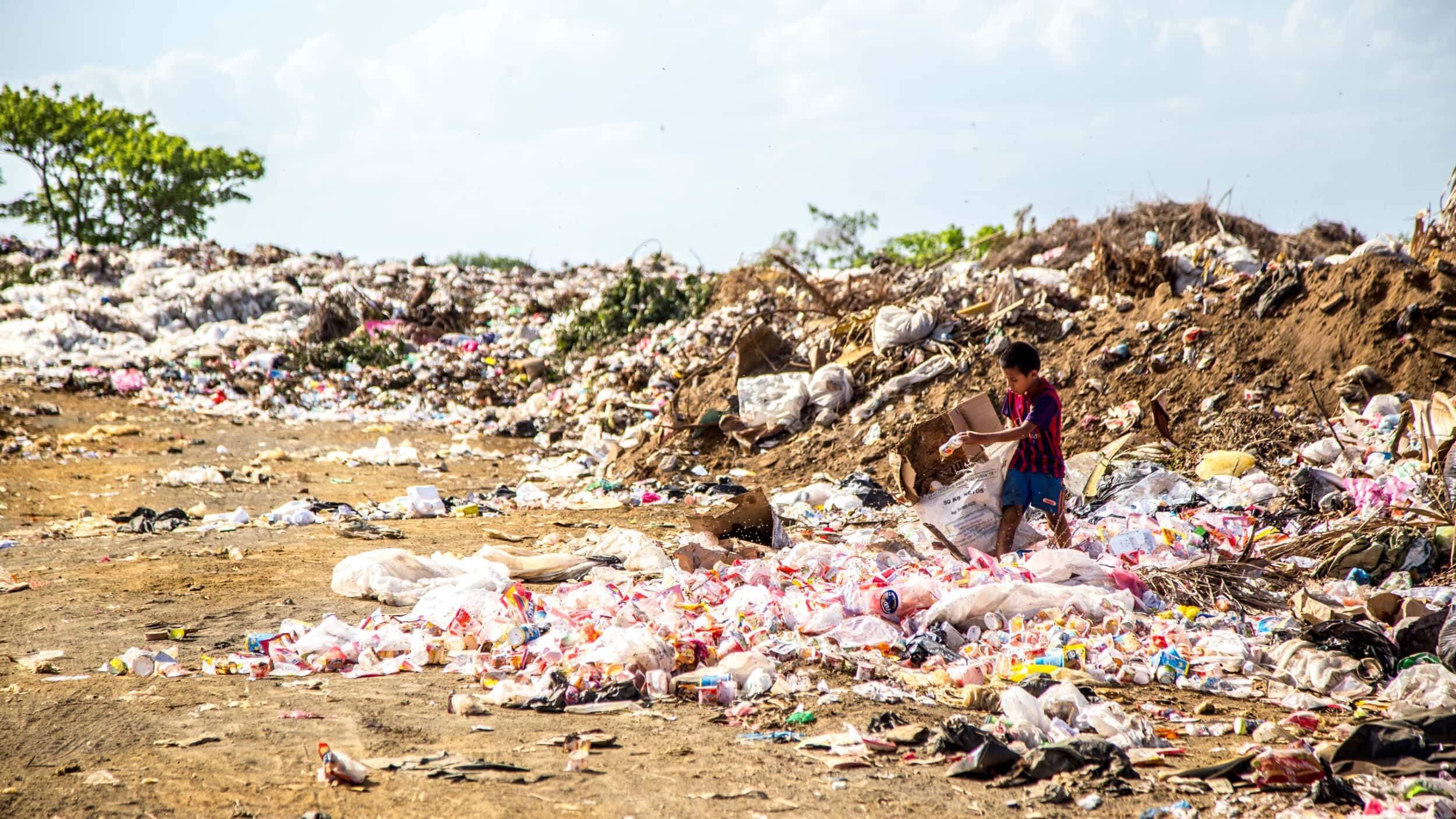Total Capital Accounting
Route2’s Total Capital Accounting framework gives the full picture of production. It assesses and evaluates the changing state of all the types of capital that an organisation depends on and generates — natural, human, intellectual, social, manufactured, and financial.


